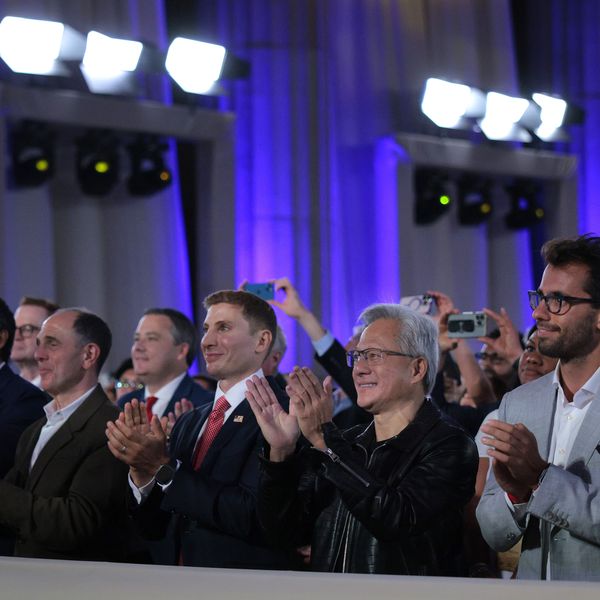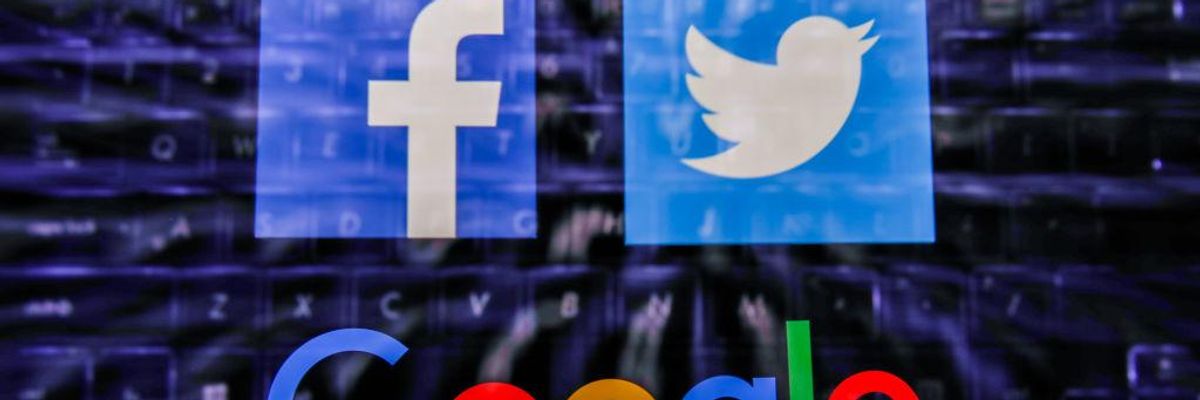
Stand With Independent Media This Giving Tuesday
As corporate influence grows, independent journalism is more important than ever. If you value reporting that puts people and the planet first, please support Common Dreams this Giving Tuesday. We couldn't do it without you—thank you for keeping independent journalism alive.


